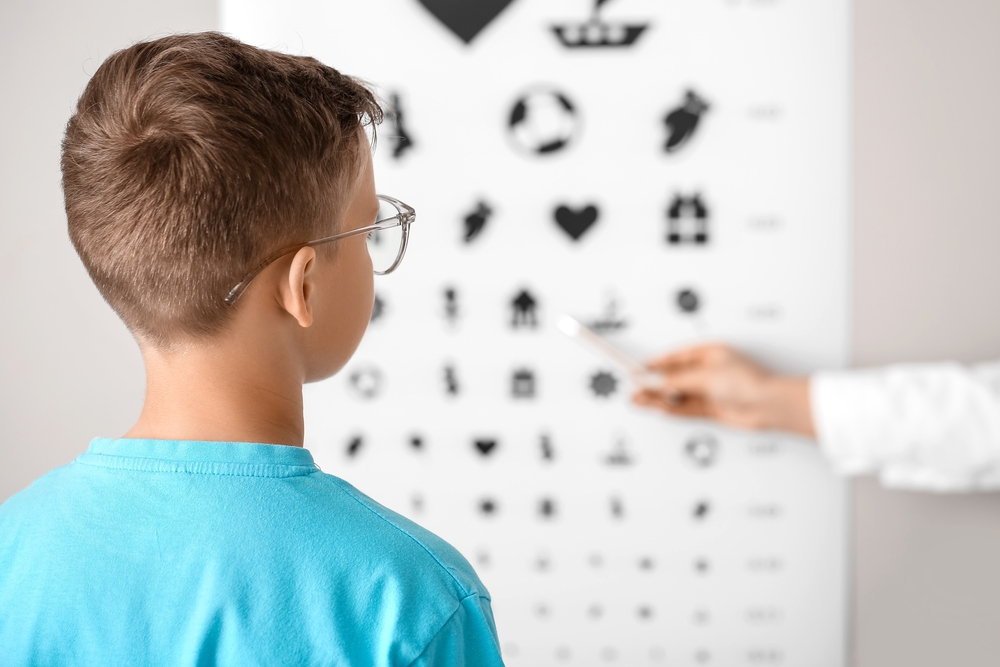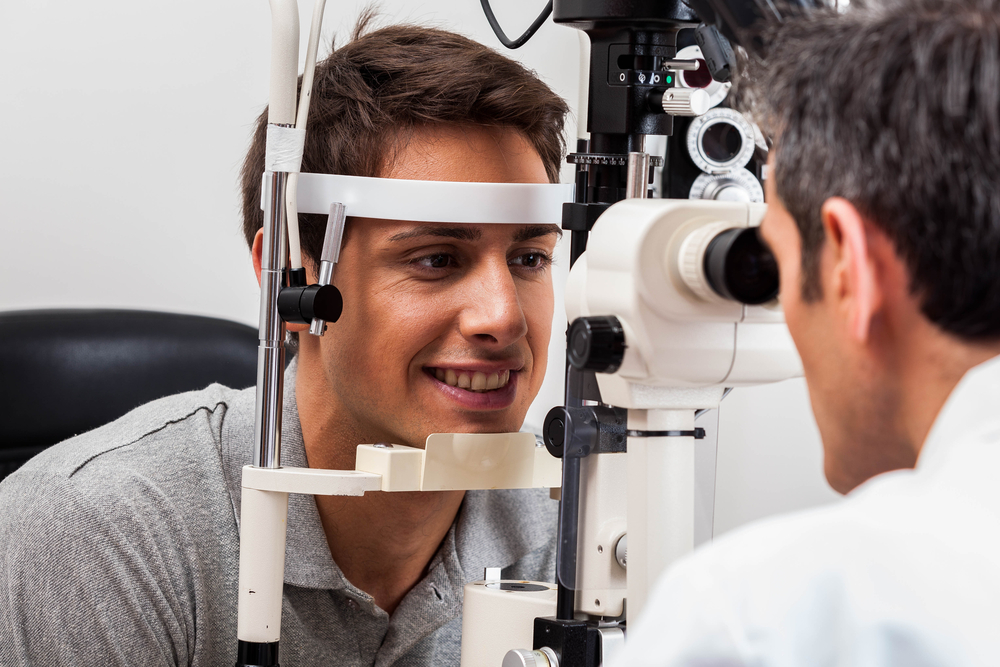EyeXcel Blog
Learn more about optometrist care in our blog!

Many people ask if there’s a single exercise they can do at home to strengthen their eyes or improve vision. While simple techniques like taking screen breaks or practicing focus shifts can be helpful for comfort, the most effective “exercise” for the eyes is vision therapy - a structured, doctor-guided program designed to improve how the eyes and brain work together.

Low vision can affect people of all ages, though it’s more common among older adults. Unlike standard vision problems that can be corrected with glasses, contact lenses, or surgery, low vision refers to a permanent loss of visual function that impacts daily life.

When it comes to excelling in sports, physical training is only part of the equation. Athletes also rely heavily on their visual skills to perform at their best.

Glaucoma is often called the “silent thief of sight” because it can develop without noticeable symptoms. Many patients with early glaucoma feel no pain, experience no vision changes, and assume their eyes are healthy - even as permanent damage begins inside the eye. This makes routine eye exams essential for early detection and long-term vision protection.

More and more children in Hardin Valley are being diagnosed with myopia at an early age. Myopia is a condition that can continue to progress as your child grows and can potentially lead to more serious eye health concerns in the future.

When most people think about eye exams, they tend to focus on getting a new glasses prescription or checking for nearsightedness. But a comprehensive eye exam can do far more than determine how clearly you see.

In Hardin Valley, TN, families and individuals are always on the go, balancing work, school, and everything in between. But one important aspect of health often gets overlooked: eye care. At EyeXcel, we’re proud to serve the Hardin Valley community with comprehensive eye care designed to catch issues early and keep your eyes healthy for years to come.

Whether you’re a high school soccer player, a college baseball pitcher, or a weekend pickleball enthusiast, vision is a critical part of your athletic performance. At EyeXcel, we work with athletes of all ages across Hardin Valley, TN, helping them sharpen not just their eyesight, but their ability to see and react more effectively. One of the most impactful tools we offer is sports vision training, a proven method to enhance focus, concentration, and overall performance on the field, court, or track.

Dry eye is a common condition that occurs when your eyes do not produce enough tears or when the tears evaporate too quickly. This results in inflammation and discomfort, affecting the eye's surface and potentially impacting your vision and quality of life. At EyeXcel, we’re committed to providing cutting-edge care and long-term relief.

If you've ever struggled with reading, felt like objects were moving when they shouldn’t be, or had trouble judging distances accurately, you’re not alone. Many people in Knoxville experience these challenges, often without realizing that vision therapy can help. Whether you’re an athlete looking to sharpen your hand-eye coordination, a student who finds reading tiring, or someone who simply wants to improve daily visual tasks, vision therapy is a game-changer.










